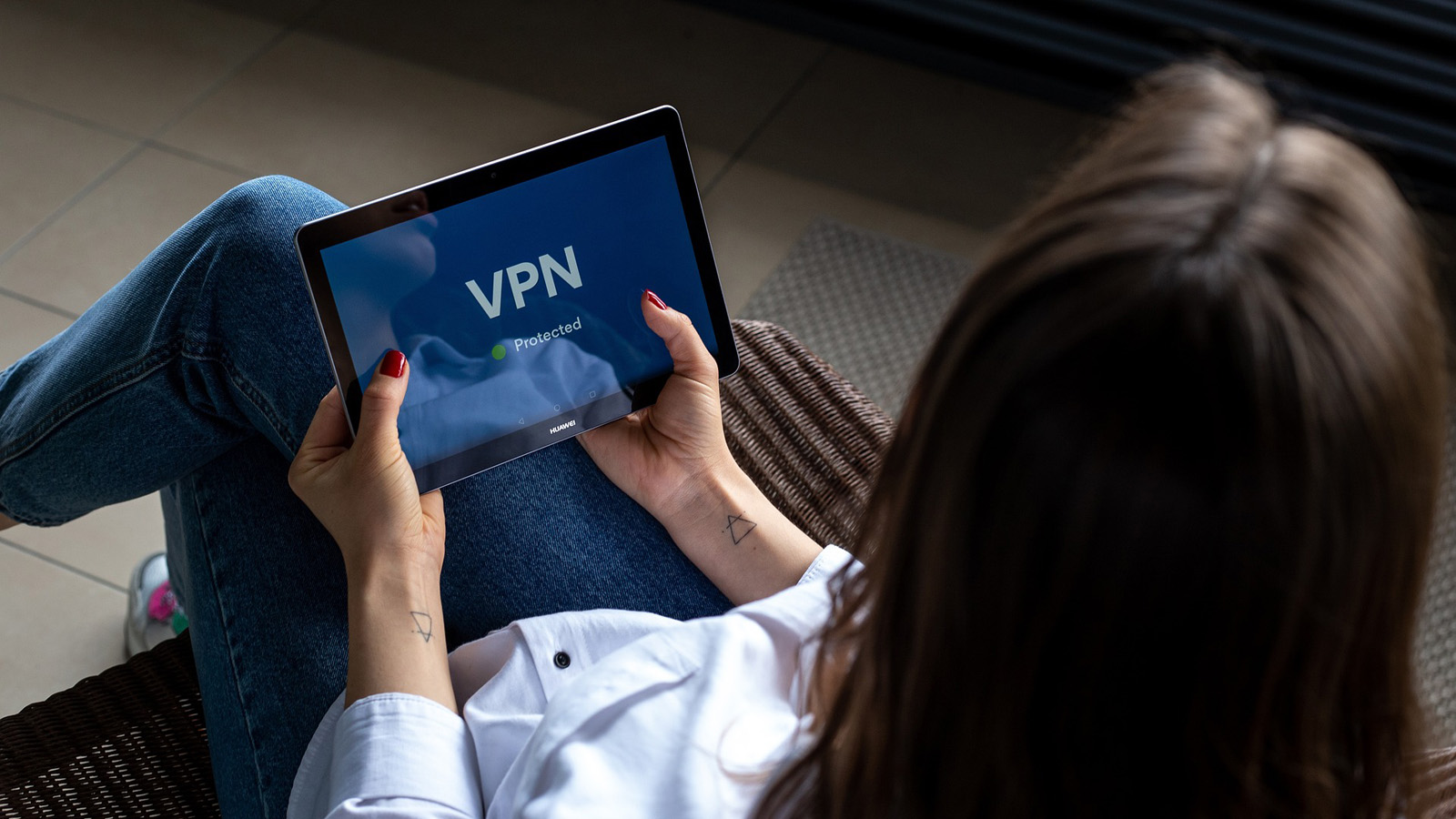
A VPN (Virtual Private Network) is a technology that allows you to connect your device to the internet in a safe and private manner. It encrypts your internet traffic and passes it through a remote server, making it harder for anyone to eavesdrop or spy on your online activity. VPNs are frequently used to safeguard your privacy and security when utilising public Wi-Fi networks, accessing prohibited websites, or circumventing content geo-restrictions.
When surfing the internet, using a VPN can give improved security and privacy. However, there are a few things to consider when using a VPN:
Use a Reliable VPN Provider
Not all VPNs are created equal. It is critical to select a VPN provider with a strong reputation for security and privacy. Look for companies that have been around for a long time and have an excellent track record of respecting their users’ privacy.
Know a VPN’s Limitations
While a VPN can give enhanced privacy and security, it is not a perfect solution. VPNs are nevertheless vulnerable to some sorts of attacks, such as man-in-the-middle attacks, which might jeopardise your connection’s security. Furthermore, a VPN may not be able to shield you from all sorts of surveillance, such as employer or government monitoring.
Choose the Right Protocol
VPNs encrypt your data using various protocols. Some protocols are safer than others. It is critical to select a VPN service provider that uses a robust encryption technology, such as OpenVPN.
Understand the VPN’s Logging Policy
Some VPN providers may log your activity, including your IP address, the websites you visit, and the data you transmit. It is important to understand your VPN provider’s logging policy and choose a provider that does not log your activity.
Be Aware of Your Location
When you use a VPN, your internet traffic is routed through a server in another country. This may have an impact on the speed and performance of your connection. For optimal performance, select a server location close to your physical location.
For example when playing online games with geo-restrictions, you’ll want to choose a VPN server in a location where the game is available. This will allow you to bypass any regional restrictions and access the game from anywhere in the world.
Use a Strong Password
When configuring your VPN, use a strong and unique password. This will help secure your privacy and prevent unauthorised access to your VPN account.
Monitor Your VPN Connection
It is important to monitor your VPN connection for any signs of suspicious activity. If you notice any unusual activity, such as slow speeds or disconnections, contact your VPN provider immediately.
Avoid free VPNs
While it may be tempting to use a free VPN, these services often come with limitations, such as slow speeds or limited bandwidth. Additionally, free VPNs may not be as secure or private as paid services.
Consider Using a Kill Switch
Some VPN providers offer a kill switch, which automatically cuts off your internet connection if your VPN connection is lost. This can help prevent your IP address or other identifying information from being exposed.
VPNs are an important tool for anyone looking to enhance their online security and privacy. By using a VPN, you can protect your internet activity from prying eyes and prevent unwanted surveillance. With a wide range of VPN providers to choose from and a variety of features available, there has never been a better time to start using a VPN.
Comments